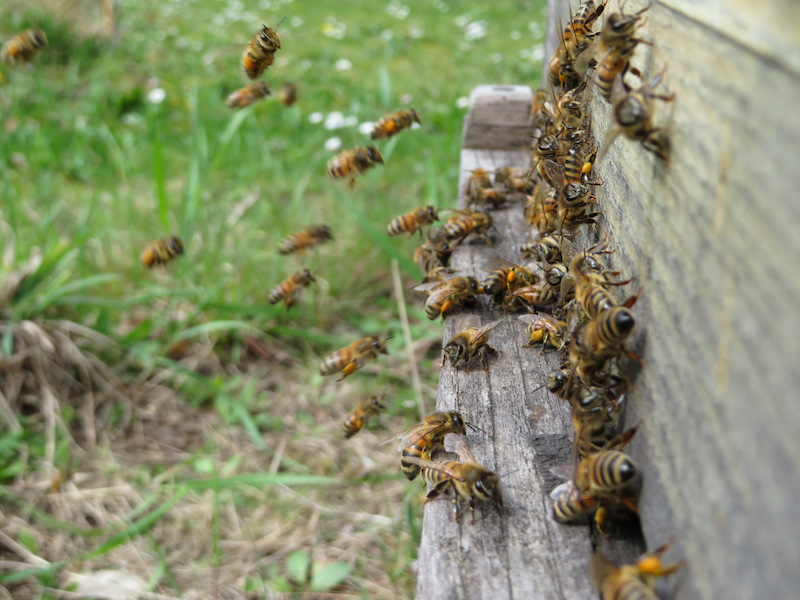
by Nicolas Geant | Oct 18, 2018 | News
The quickest and easiest way to start in backyard beekeeping is to buy a complete hive with bees and queen. Price for a complete hive is $350. This includes the floor, an 8-frame Langstroth body, a roof, bees and one queen.This full hive was raised in northern...
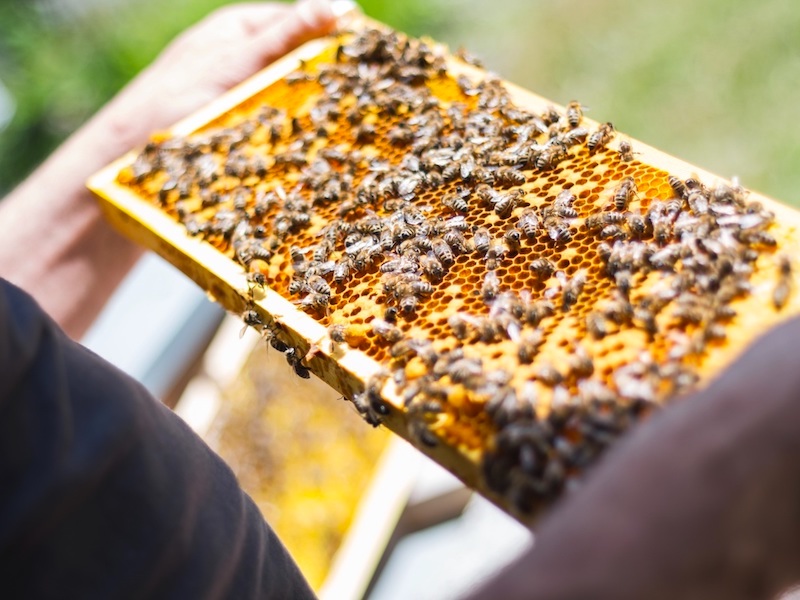
by Nicolas Geant | Oct 18, 2018 | News
To get its first beehive, the young beekeeper can pick a swarm in a tree in the spring. It remains random and harvesting a swarm is not easy the first time. You can simply buy a nucs from a professional beekeeper. To create a split, commercial beekeeper divides one of...
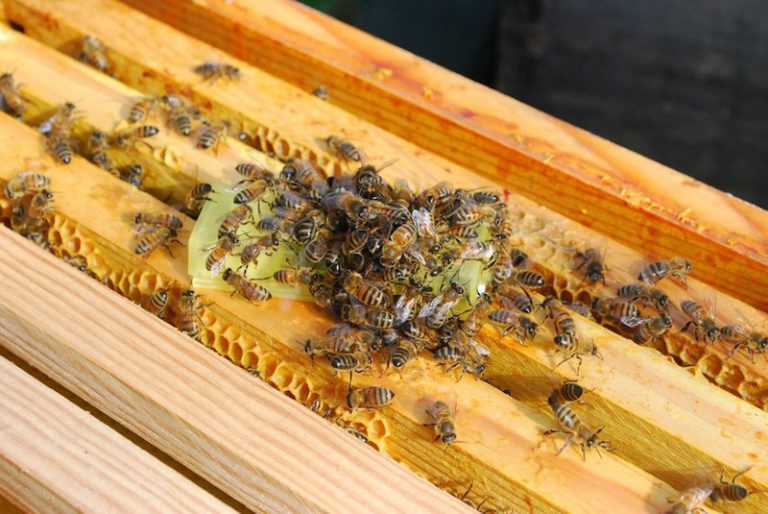
by Nicolas Geant | Oct 18, 2018 | News
To create a new bee hive, the beekeeper makes nucs with frames of brood and honey. A nucs is simply a half-hive made from one of the beekeeper’s beehives by split. Several ways to make a split: – We can simply cut a hive in 2 by taking half the frames which are then...
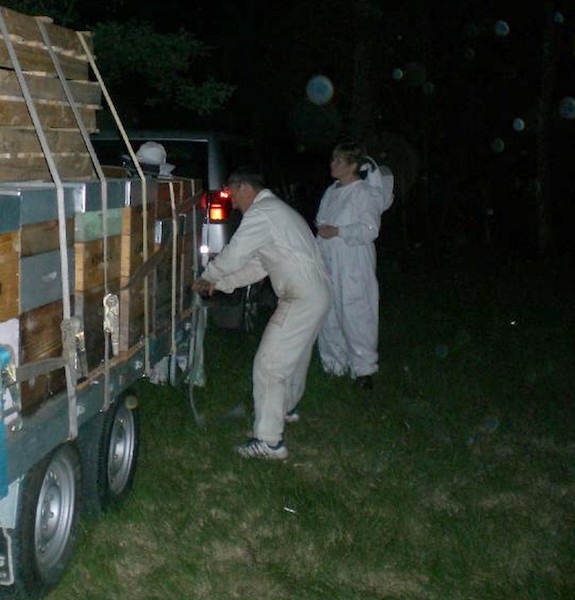
by Nicolas Geant | Aug 7, 2018 | News
Some beekeepers choose to move their hives to follow different honey drew and therefore produce specific honey. The most important rule to follow when transporting hives is to move them more than 2 miles further than their previous location. Also, the ideal time to do...
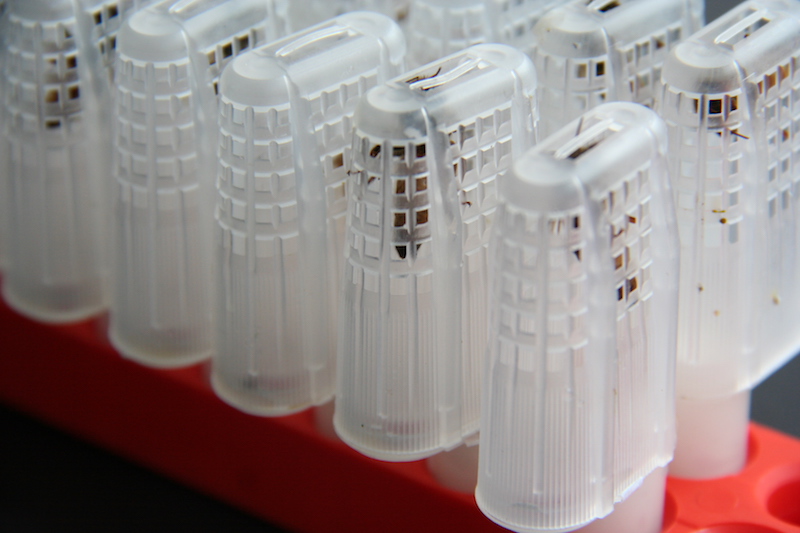
by Nicolas Geant | Jul 29, 2018 | News
Replacing a queen is a meticulous step, beekeepers must take into account the natural behavior of the colony to make sure the bees accept the new queen. The queen is the cohesive element of the hive, through phenomenal secretion, therefore a queen-less hive largely...
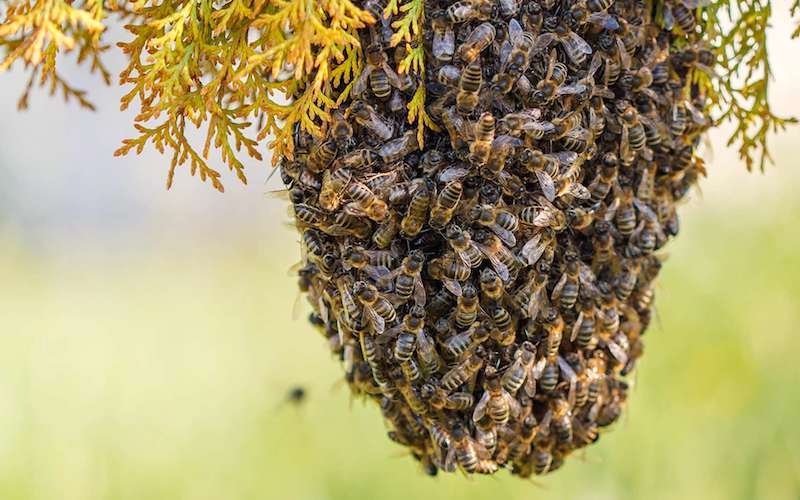
by Nicolas Geant | Jul 15, 2018 | News
Although natural swarming can help grow your livestock, most of the time it downsizes the opportunity of harvest by depriving the colony 4 to 8 pounds of bees. Also, the swarm’s quality will be altered and uncertain.For this reason, beekeepers must prevent swarming,...







